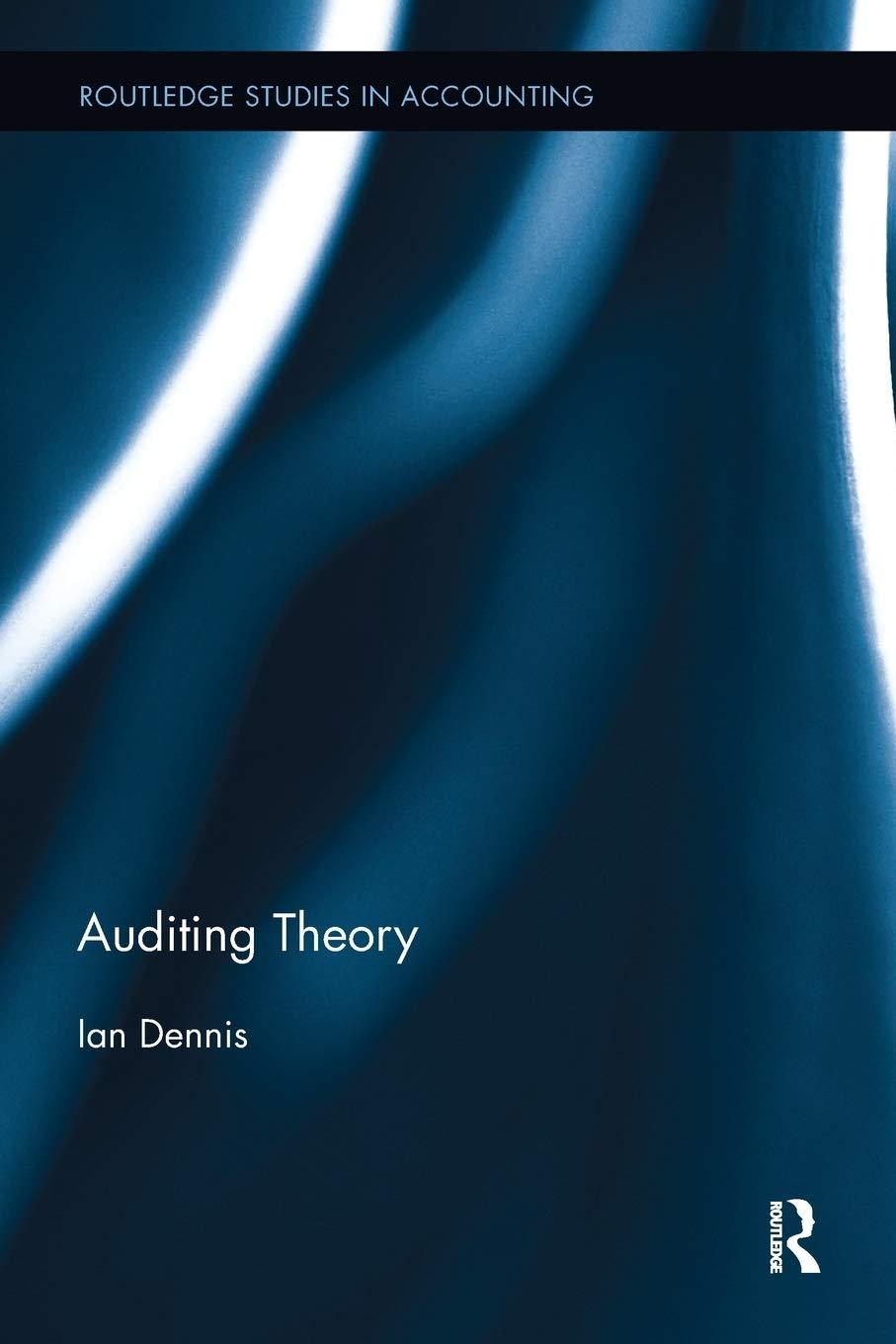Question
Dimanche Company had the following estimates available at the beginning of the year: Indirect Cost Pool #1 $60,000 Indirect Cost Pool #2 $180,000 Labor hours
Dimanche Company had the following estimates available at the beginning of the year:
Indirect Cost Pool #1 $60,000
Indirect Cost Pool #2 $180,000
Labor hours 40,000
Machine hours 80,000
Dimanche uses labor hours to allocate costs from Cost Pool #1, and machine hours to allocate costs from Cost Pool #2.
The following jobs were started during the year:
| Job A1 Prime costs $20,000 Labor hours 5,000 Machine hours 12,000 | Job A2 Prime costs $32,000 Labor hours 8,000 Machine hours 20,000 |
| Job A3 Prime costs $26,000 Labor hours 6,500 Machine hours 13,000 | Job A4 Prime costs $29,000 Labor hours 6,000 Machine hours 9,000 |
| Job A5 Prime costs $18,000 Labor hours 2,400 Machine hours 540 | Job A6 Prime costs $38,000 Labor hours 10,000 Machine hours 30,000 |
Jobs A3 and A5 were still in process at the end of the year. Job A4 was completed, but had not been sold at the end of the year.
Actual indirect cost information for the year:
Indirect Cost Pool #1 $ 65,000
Indirect Cost Pool #2 $178,000
Assume any over or under-applied overhead amounts are material.
A. Calculate the pre-determined overhead rates for the year.
B. Calculate the total overhead applied to each job. Calculate the total amount of overhead applied during the year.
C. Calculate the amount of over or under applied overhead for the year for each cost pool and for the firm as a whole.
D. Use the Account Balance pro-ration method to dispose of the over or under applied overhead. Make the necessary journal entries, in good form.
E. Use the Allocated (Applied) Overhead pro-ration method to dispose of the over or under applied overhead. Make the necessary journal entries, in good form. (Note: when allocating over or underapplied overhead using the Allocated Overhead method each cost pool must be allocated separately.)
F. Use the Adjusted Allocation Rate (Actual Allocation) method to determine the net adjustment to each job. Do not prepare the journal entries. What is the benefit of using this method?
G. Calculate the total manufacturing cost that will appear as cost of goods sold on Dimanches income statement using 1) the allocations from D and 2) the allocations from E.
- Calculate the pre-determined overhead rates for the year.
Pre-determined overhead rates = Indirect cost/ Labor hours = $60000/40000hours = $1.5/lhr
Pre-determined overhead rates (machine) = $180000 / 80000 hours = $2.25/mhr
- Calculate the total overhead applied to each job. Calculate the total amount of overhead applied during the year.
A1: 5000 * 1.5 = 7500 12000*2.25 = 27000 7500+27000 =34500
A2: 8000 * 1.5 = 12000 20000*2.25 = 45000 12000+45000 =57000
A3: 6500 * 1.5 = 9750 13000*2.25 = 29250 9750+29250 =39000
A4: 6000 * 1.5 = 9000 9000*2.25 = 20250 9000+20250 = 29250
A5: 2400 * 1.5 = 3600 540*2.25 = 1215 3600+1215 = 4815
A6: 10000 * 1.5 = 15000 30000*2.25=67500 15000+67500 = 82500
overhead applied = 7500 + 12000 + 9750 + 9000 + 3600 + 15000 = 56850
overhead applied (machine) = 27000 + 45000 + 29250 +20250+1215+67500 = 190215
Total overhead = 56850 + 190215 = 247065
- Calculate the amount of over or under applied overhead for the year for each cost pool and for the firm as a whole.
Actual indirect cost Pool #1 = $65000
Overhead applied = $56850
Under applied overhead = $65000 - $56850 = $8150
Actual indirect cost Pool #2 = $178000
Overhead applied = $190215
Over applied overhead = $190215 - $178000 = $12215
Total overapplied = $12215 - $8150 = $4065
- Use the Account Balance pro-ration method to dispose of the over or under applied overhead. Make the necessary journal entries, in good form.
|
| A1 | A2 | A3 | A4 | A5 | A6 |
| Prime Costs | 20000 | 32000 | 26000 | 29000 | 18000 | 38000 |
| Total overhead applied | 34500 | 57000 | 39000 | 29250 | 4815 | 8250 |
| Total cost | 54500 | 89000 | 65000 | 58250 | 22815 | 120500 |
Balance:
WIP = A3 + A5 = $65000 + $22815 = $87815
FG = A4 = $58250
COGS = A1 + A2 + A6 = 54500 + 89000 + 120500 = 264000
Over applied overhead = $4065
WIP = 4065 * 87815) / 87815 + 58250 +264000 = 871
FG = 4065 * 58250) / 87815 + 58250 + 264000 = 577
COGS = 4065 * 264000) / 87815 + 58250+ 264000 = 2617
|
| Debit | Credit |
| Manufacturing Overhead | 4065 |
|
| WIP |
| 871 |
| FG |
| 577 |
| COGS |
| 2617 |
Please answer question E.F.G, thx!
Step by Step Solution
There are 3 Steps involved in it
Step: 1

Get Instant Access to Expert-Tailored Solutions
See step-by-step solutions with expert insights and AI powered tools for academic success
Step: 2

Step: 3

Ace Your Homework with AI
Get the answers you need in no time with our AI-driven, step-by-step assistance
Get Started


